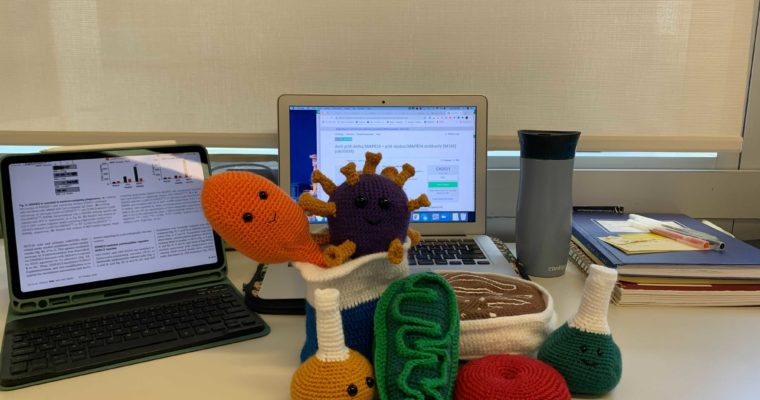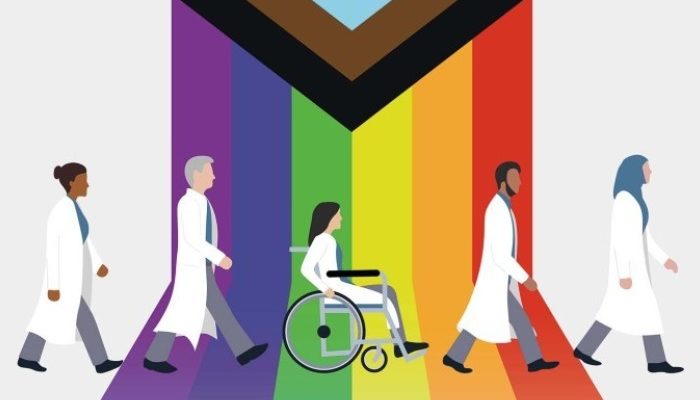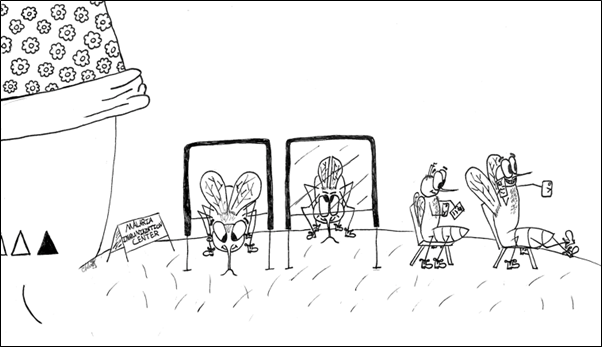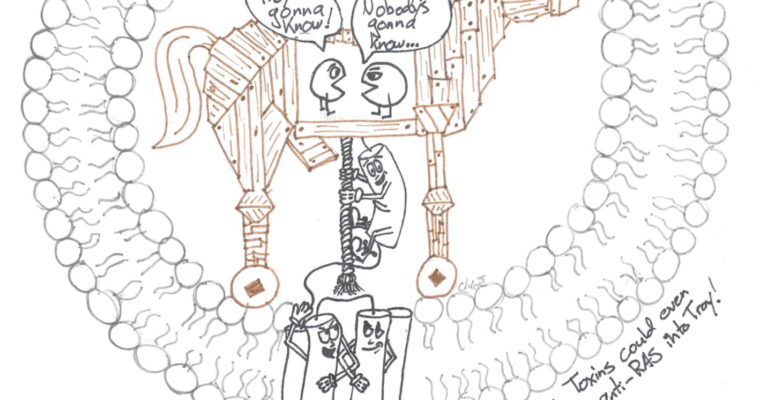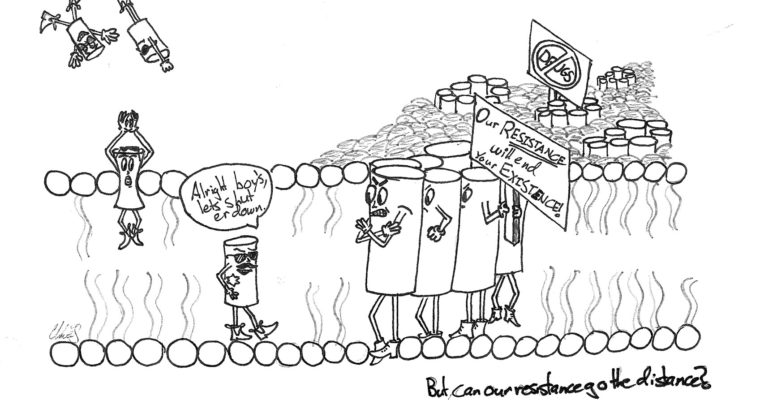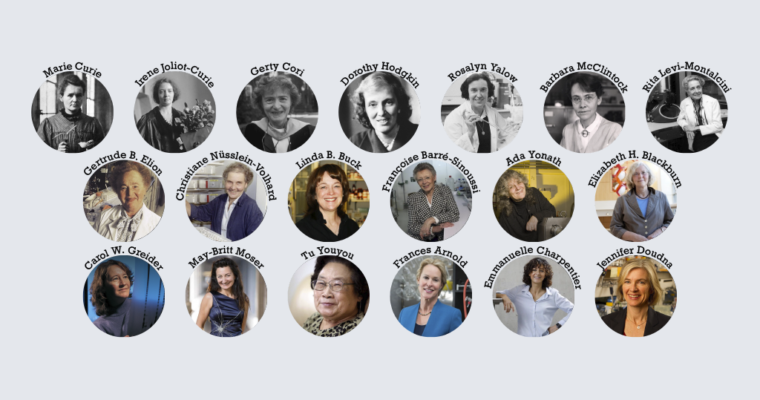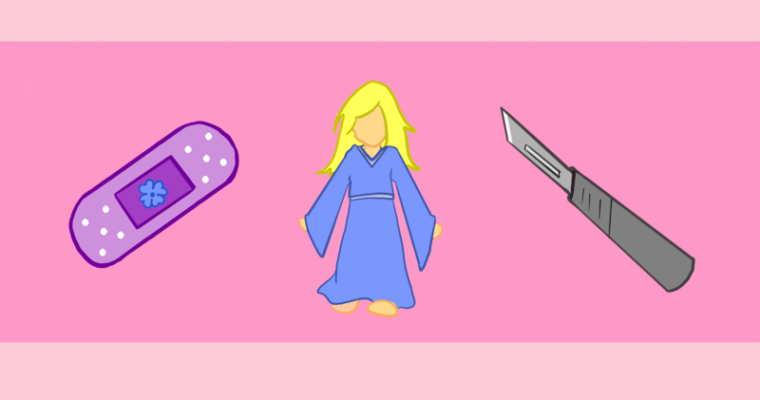Making Biochem More Accessible: the Virtual Biochemistry Day Outreach Event for High School Students
Written by Kate Jiang On March 24th, 2021, the Department of Biochemistry’s Wellness, Inclusion, Diversity and Equity (WIDE) committee held their virtual Biochemistry Day for high school students across Toronto. Biochemistry Day is an outreach initiative for students from underserved areas to learn more about …

